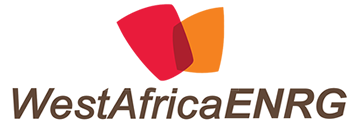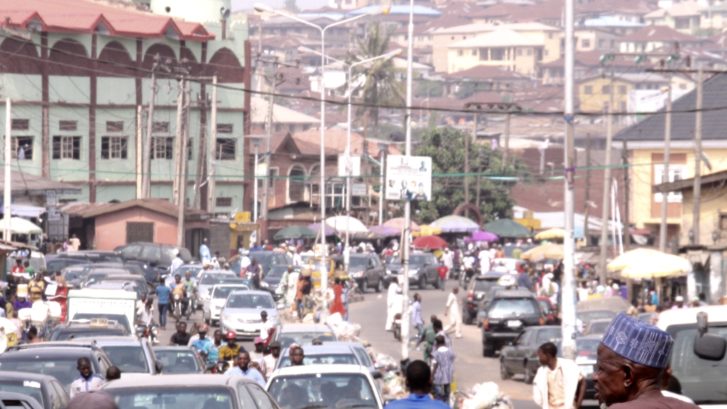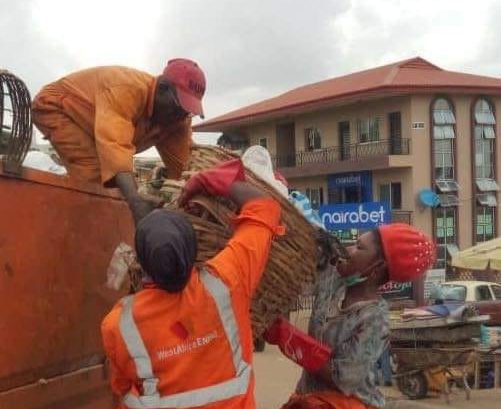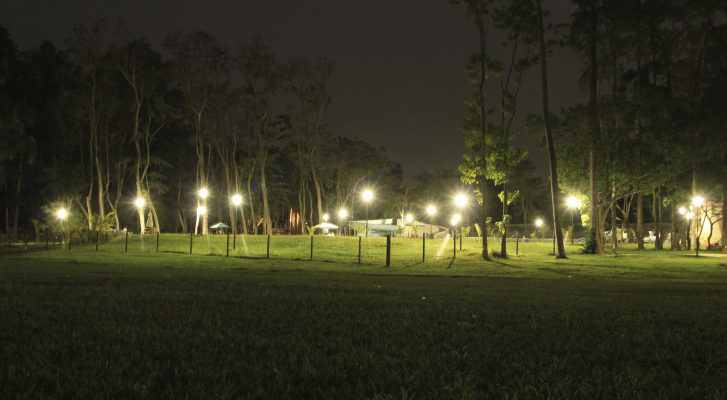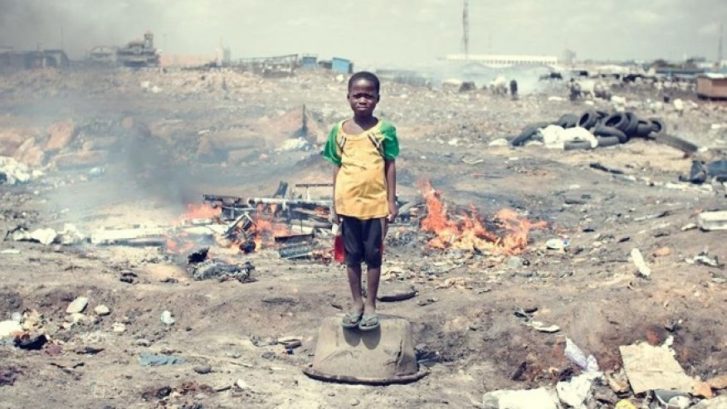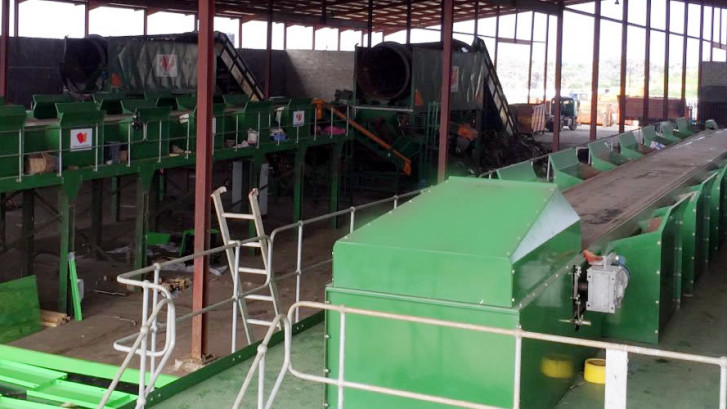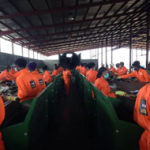PRESS STATEMENT BY WestAfricaENRG ON THE AWARD AND TERMINATION OF ITS WASTE MANAGEMENT CONTRACT BY THE OYO STATE GOVERNMENT.
In his quarterly address to the people of Oyo State, held today Saturday, December 21st, 2019, the Governor of Oyo State, Engr. Seyi Makinde was reported to state amongst other things, that the waste management contract awarded to WestAfricaENRG “was not awarded correctly” and that our company was holding the government to ransom. The reports further quoted the Oyo State Governor as stating that WestAfricaENRG ‘settled’ those that awarded the contract and did not know the job by telling people to bring their waste to the roadside.
WestAfricaENRG wishes to state categorically and respectfully that His Excellency, the Governor of Oyo State was not correct in his statements and assertions on WestAfricaENRG and the state of waste management in the State during the period preceding his administration.
For the records, WestAfricaENRG is a UK registered company and as such its owners and agents are subject to the Bribery Act 2010, under UK Law. This law makes it a criminal offence for any person representing the company to bribe a foreign official. A law which is punishable with imprisonment in the UK. We therefore wish to place on record that No settlement was made to any person(s), politically or otherwise for our contract or at any time during its tenor.
WestAfricaENRG is an international company working throughout the ECOWAS region and more recently other parts of the continent of Africa. We work extensively with international Governments, aid agencies and have a cherished reputation for excellence, knowledge and community engagement in all aspects of the solid waste value chain. We work extensively with the UK government to attract investments into the Solid Waste Industry in Nigeria. Our reputation is something we cherish and will protect.
WestAfricaENRG is the largest private investor in the solid waste management sector in Nigeria; a fact with which we pride ourselves and will continue to hold on to dearly.
Whilst we know that any contractor serves any state at the pleasure of the Governor, and we accept that a Governor might want to appoint his own contractors to specific areas, it is not charitable and gubernatorial to slander any contractor to justify a bad decision.
As a responsible corporate citizen, we have never held the Oyo State Government and will never hold to ransom any government on any matter in the course of our business relationships. How can a servant lock up the masters house? As matter of fact, on our termination we did attempt to stick to the contract which enabled a handover process, and would have avoided the declaration of the “state of emergency” in solid waste in Ibadan, the only time in modern history such an action has been taken.
So why were we sacked? Firstly, lack of continuity in governance syndrome is a big issue in Nigeria. WestAfricaENRG has been caught in its web. Secondly, with a fresh and significant investment coming into the solid waste sector in Oyo State we would have ensured it was spent judiciously and transparently hence we were eliminated from the configuration.
There is no doubt much more needs to be done to create a sustainable solid waste management sector in Oyo State. To borrow the phrase “Mapo hall was not built in a day”, but our trajectory was the correct one, and certainly one which did not require a state of emergency.
Once again, we strongly recommend the publication of the Ad-Hoc Committee report received by His Excellency, Engr. Seyi Makinde on October 16th, 2019 which was a detailed report into our activities and those of the state government.
We wish the good people of Oyo State a healthy environment, and advice on the cessation of this propaganda from the Oyo State Government against WestAfricaENRG.
Signed
Paul O’Callaghan
CEO
WestAfricaENRG
